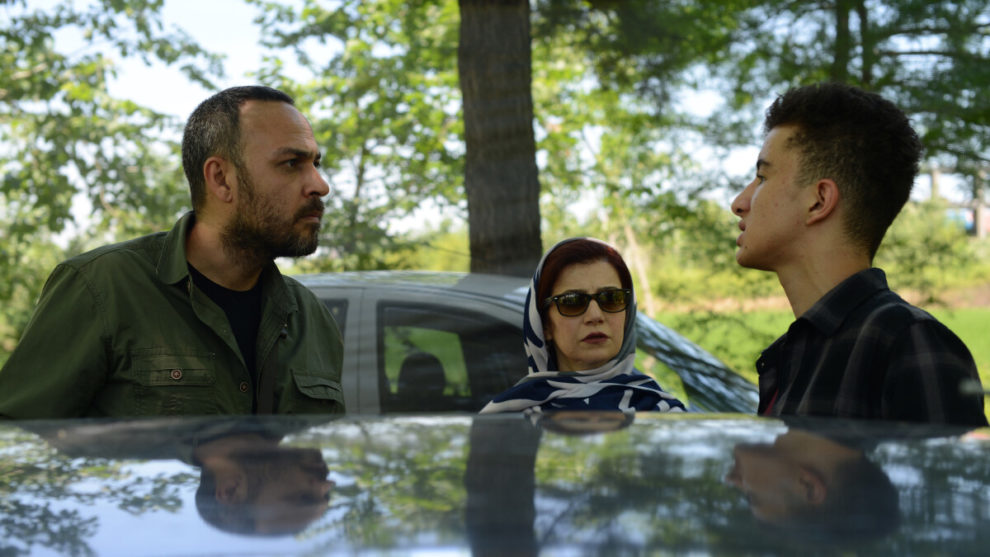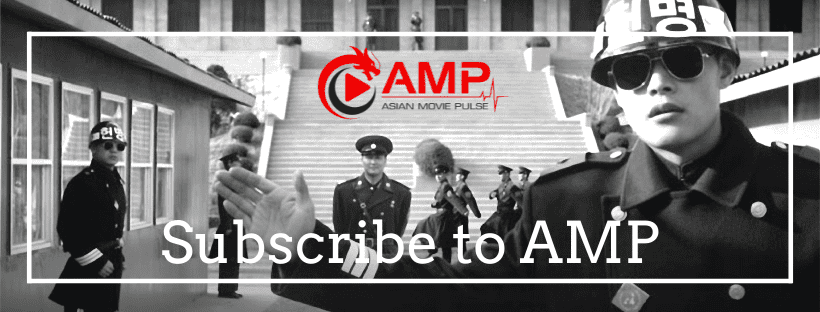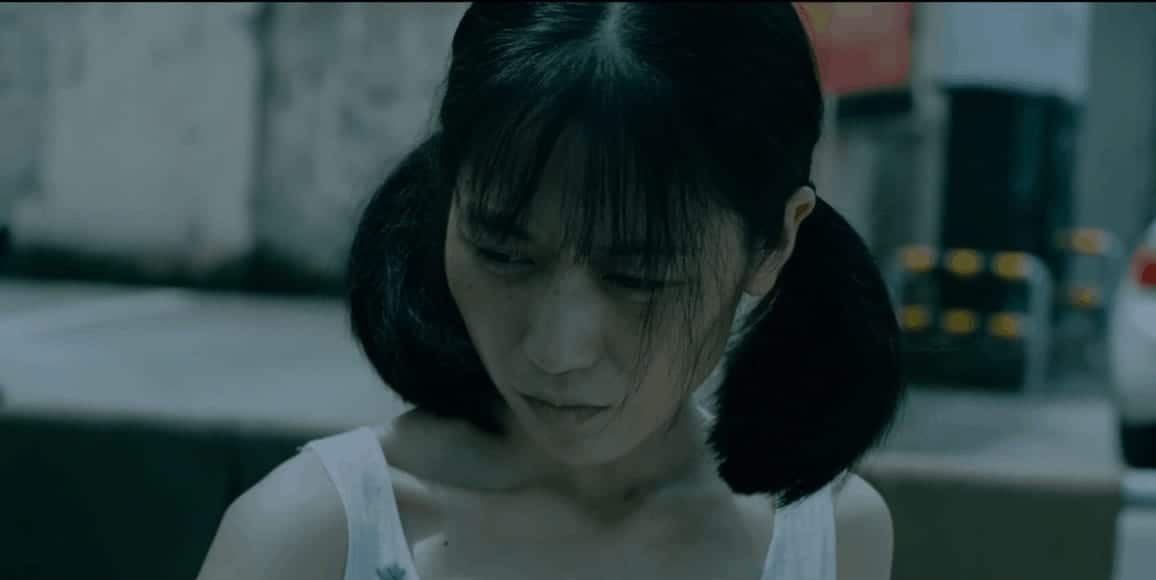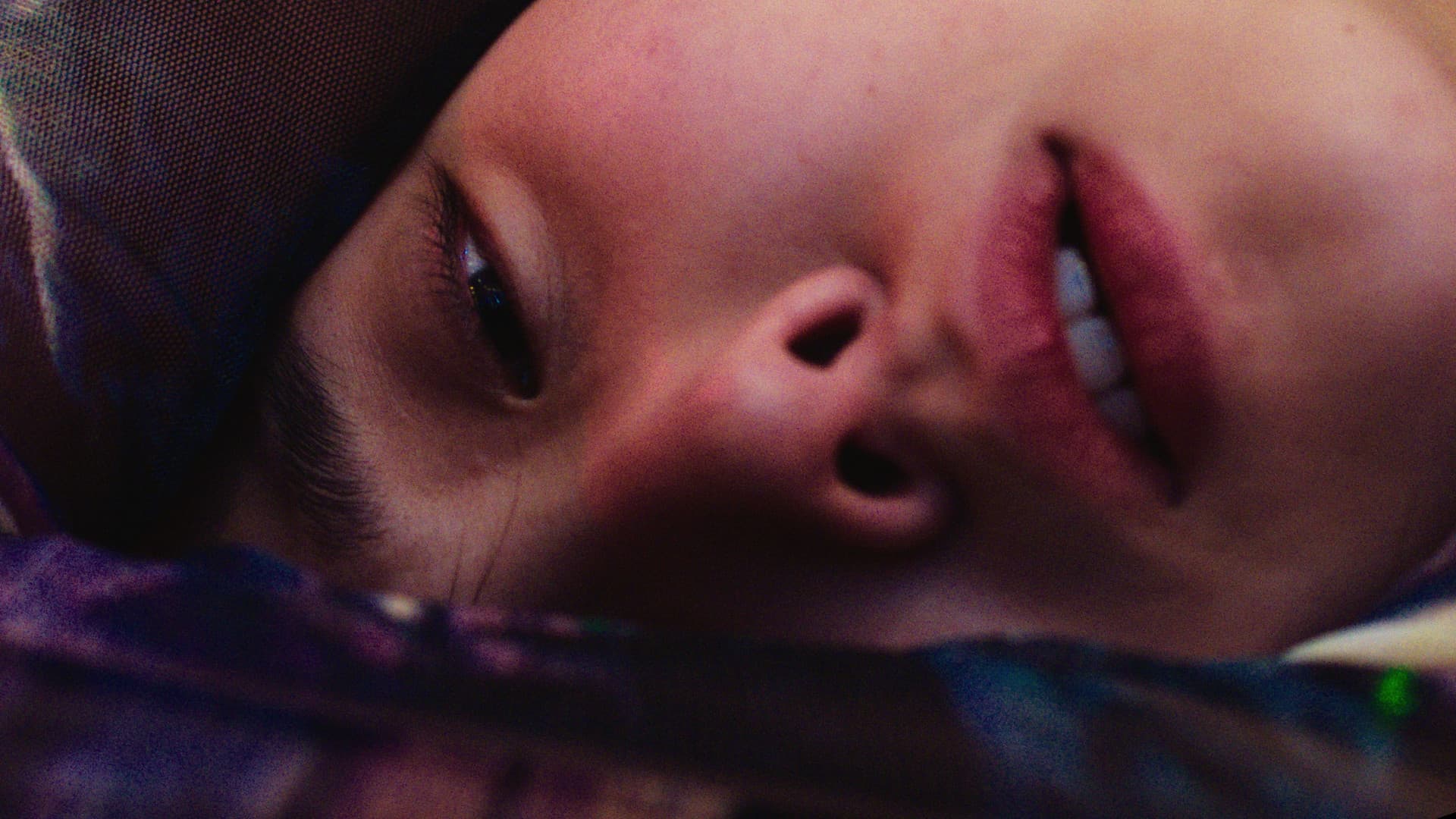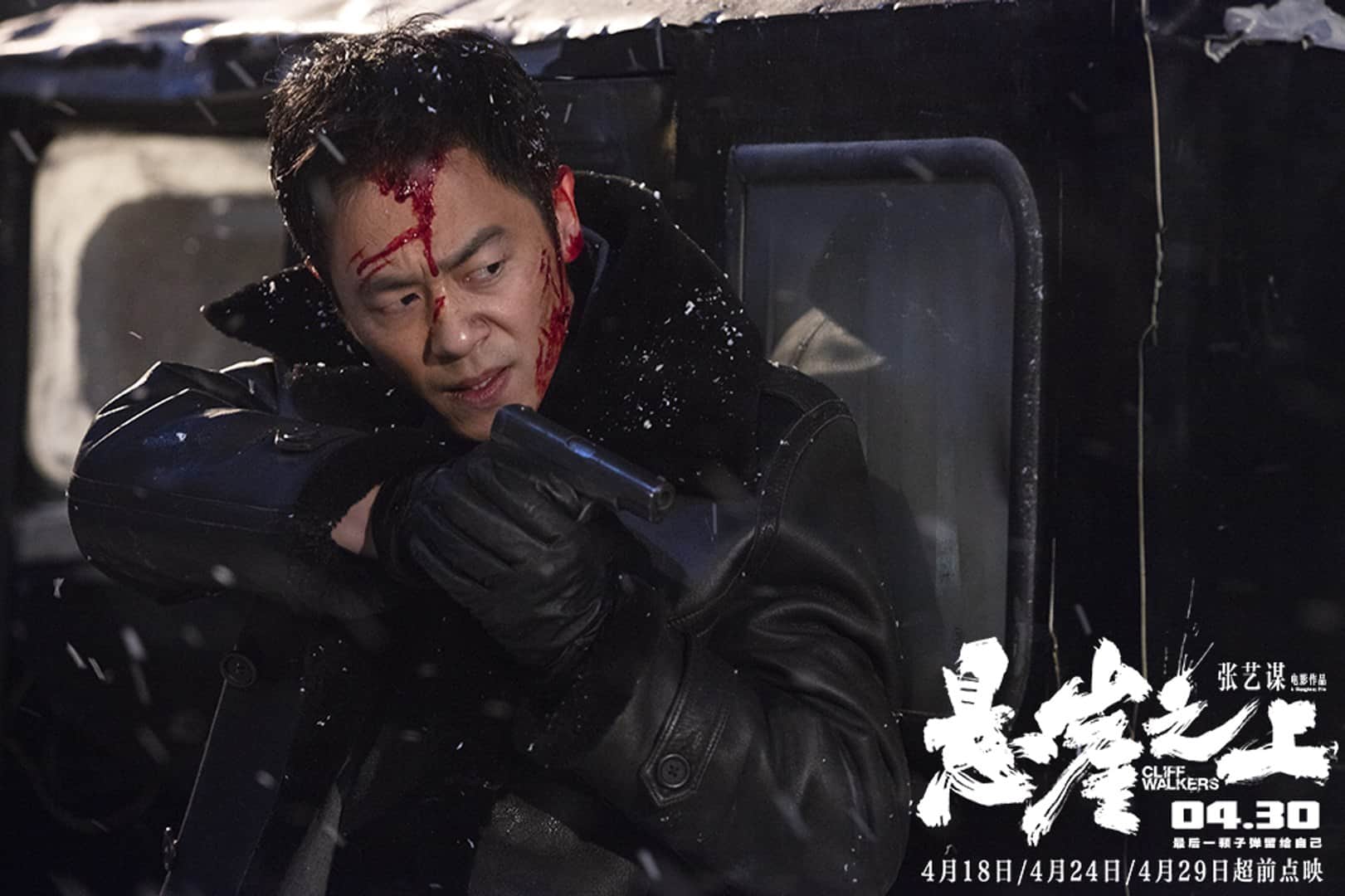Rarely in cinema, and especially in Iranian cinema, we get a glimpse into the lives of upper classes, especially upper-middle class, commonly known as bourgeoisie. The oddity is even higher if the plot of the story is not set in the capital Teheran. “Summer with Hope”, a sophomore feature by Sadaf Foroughi, following her 2017 acclaimed debut “Ava”, is one of such oddities. The film won the Crystal Globe main competition of Karlovy Vary and it seems like it will be going places, establishing Montreal-based Foroughi as one of the most interesting voices in the contemporary Iranian cinema.
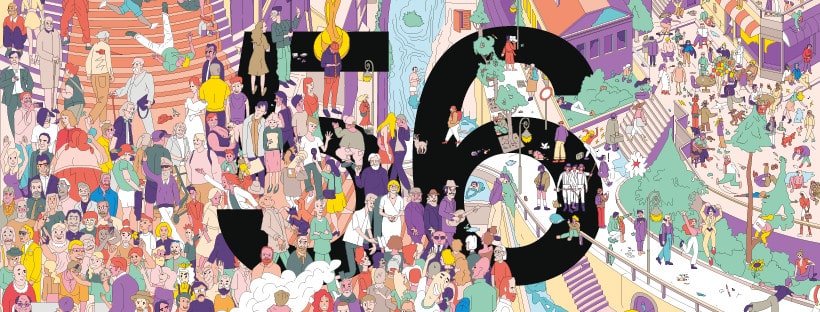
Our hero Omid (Mahdi Gorbani, seen in Saeed Roustayi's 2016 title “Life and a Day”) whose name translates to “hope” from Farsi is a big swimming prodigy, which was the reason for his family, mother Leili (Leili Rashidi, returning to the collaboration with Foroughi after “Ava”) and uncle Saadi (Alireza Kamali) to move from Teheran to an elite residential area in Gilan province on the bank of the Caspian Sea. While Leili waits to finalize the divorce from Omid's father, the son puts all his hopes in the upcoming swimming championship.
Omid is a national team-level of a talent, but he is denied the right to compete due to a technicality, by the strict, somewhat bureaucratic coach Karman (Milad Mirzaee), which serves as the entry point of the escalating situation in which we are about to learn a thing or two about the relationship between Omid and his junior coach Mani (Benyamin Peyrovani), the dynamics within the family, and the way how Iranian society operates in some situations, fueled by rumours of the coach and student maintaining a clandestine gay relationship. Our hero is driven by angst and impulses, and his every action puts him deeper in trouble with all of the authority figures in his surroundings…

Like many films currently on the festival circuit, “Summer with Hope” is a bit too long and too slow for its own good, especially in its exposition phase, so it takes quite a bit of time for the viewer to sense where the actual story is starting and on what grounds. Once it is achieved, it plays out like an atmospheric, complex mix between a family drama and a thriller in which the things unspoken echo way louder than the spoken ones. Imagine a Xavier Dolan film (Foroughi actually quotes the Quebecois “enfant terrible” auteur with the opening shot of Omid dancing to a loud club hit in a neon-lit club), with all of its inter-familial relationships and the characters at odds with the society that surrounds them due to certain behavior codes, but set in a way more conservative society.
The parallels with Canada and North America in general do not stop here, since the whole film looks a bit American and Canadian, from its filtered visual polishes and steadicam shots lensed by Amin Jafari (whose recent work we saw in Panah Panahi's last year's debut “Hit the Road”), to the very landscape bathed in deep greens of the surrounding woods and North American suburban, modernist architecture of the settlement and all its facilities. One might even assume that a lot of work was put on the production designer to scale down the consumerism plentifulness regarding the interiors and the props team to acquire all those French cars and Iranian licence plates to make the place pass as Iran. Surprisingly, a place like this actually exists in Iran, and is influenced by the complicated history which is never mentioned, but still keeps hanging in the air.
Even in the acting department, there is some of the restrain contrasting the usual theatrical style that is kept in the Iranian cinema. That certainly does not mean that it is devoid of expressiveness and emotions, but there is a sense of a stricter directorial control along the lines of psychological realism, which suits such a story well.
Deft in terms of craft, intriguing as the story with some additional layers to it and strongly atmospheric, “Summer with Hope” might take a bit of time to start moving. But once it does, it becomes gripping. It is an example of a fine cinematic work.


